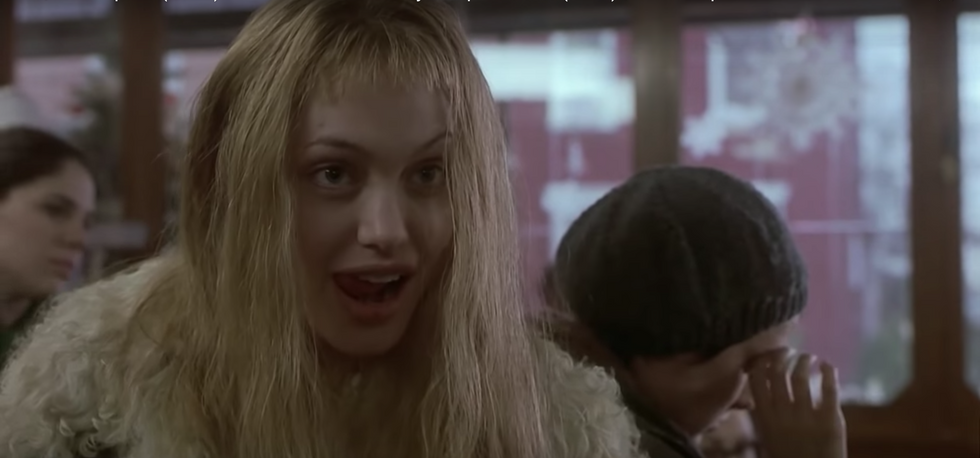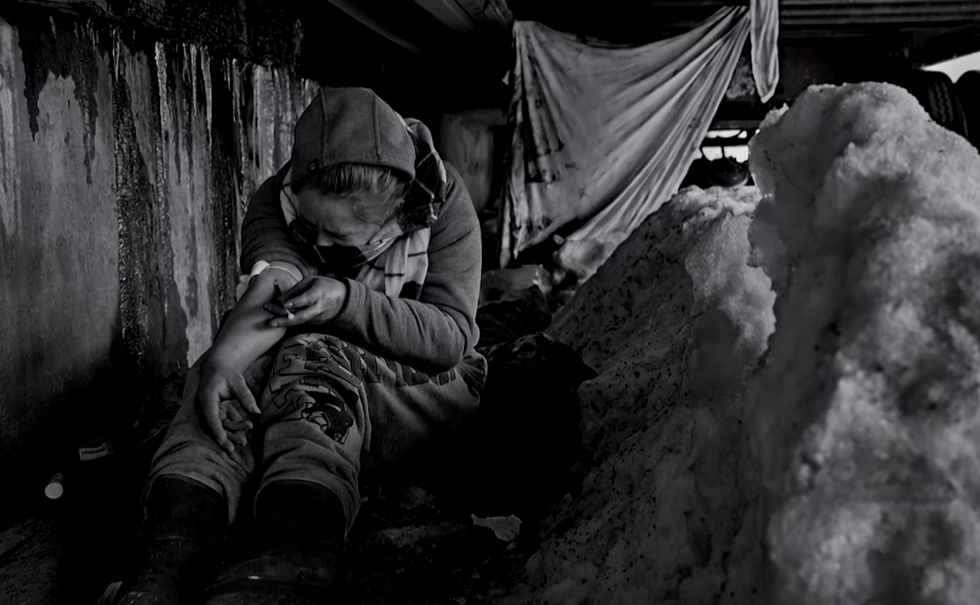'Girl, Interrupted' Is The Under-Appreciated Movie Adaptation We All Needed
"Sometimes the only way to stay sane is to go a little crazy."
"Girl, Interrupted" is a wistfully insightful account on the arduous journey through the realms of mental illness, often pulling the strings of introspection.
In the midst of Spring 1967, while her peers are finding their feet and making arrangements for college, Susanna Kaysen has lost her way and is committed to Claymore, the local, though reputable, mad-house. Based on the best-selling 1993 memoir by American Author Susanna Kaysen, "Girl, Interrupted" illustrates the 18 months that was spent within the care of Claymore; creating bonds, breaking them, straying from sanity and then fighting for freedom from the clutches of the malady.
Upon the diagnosis of Borderline Personality Disorder, Susanna (Winona Ryder) ventures with the aid of her journal and newly ignited friendships, altering her kaleidoscopic view on reality, ultimately leading to a deeper understanding of the illness and where it stems from.
Rebel misfit Lisa, (Angelina Jolie) temporarily invokes this within Susanna, claiming with jubilation how life on the inside gives you freedom. She finds her place amongst the inmates quickly, with regard to the face of innocence, Polly (Elizabeth Moss), the deeply troubled, though also somewhat childlike, Daisy (Brittany Murphy) who likes her father's rotisserie chicken and Georgina (Clea Duvall), Susanna's new room-mate who dreams of living in Oz. Their loving and warm, but savage supervising nurse played aptly by Whoopie Goldberg, sees the progression of Susanna's condition and is not afraid to say it as it is.
The beginning of the film juts back and forth to different moments in time, as it would do for Susanna in her mind. The existence of the upper-class system is evident from the offset when we are introduced to a family party held for Susanna's father. Perhaps as an ephemeral release from her hopelessness and lethargy, Susanna self-medicates to counteract this with regular sexual activity, our first insight into this when we see Susanna urging off her father's business partner at the birthday party.
Disputably, Claymore's female psychiatrist (Vanessa Redgrave) deems this behavior as "promiscuity," which from an early-rising feminist standpoint, Susanna challenges, and in my opinion, rightly so.
"How many guys would I have to sleep with to be considered promiscuous, text book promiscuous? Ten, eight, five. And how many girls would a guy my age have to sleep with to be promiscuous? Ten? Twenty? A hundred and nine?"
Promiscuity becomes the theme of Susanna's diagnosis, alongside ambivalence, even though it could now be seen as the beginning of women's sexual revolution.
Lead actress, Winona Ryder, plays an exceedingly progressive and convincing role as doe-eyed Susanna Kaysen, so much so that I feel we experience the full tempestuous spectrum of her predicament. What is surprising albeit not incomprehensible, though, is the main possessor of nominations and awards out of the entire adaptation is our supporting actress, Angelina Jolie. Where Winona possesses a kind of quiet strength of character, Angelina captivates the audience with her steely stare and poignant dialogue. This, I believe, could only ever have been depicted by her. No other actor, in my opinion, would have done Lisa's character justice.
James Mangold is known for his dark and brooding though pragmatic approach to directing. Some of his most highly esteemed and nominated films being "Logan" (2017), "The Wolverine" (2013) and "Walk the Line" (2005). Mangold, though only winning twice, was nominated seven times for the Best Adapted Screenplay for "Logan." however there are no known nominations or awards for his direction of "Girl, Interrupted." This is a shame, in my opinion, as he captures the unspoken moments of an illness that can not be verbalized, painting a picture for us to analyze in our own terms.
A masterpiece in my mind; the magic being in the slow coming on of awareness that awakens us to the knowledge that mental illness is everything that me and you experience, only amplified. None of us are immune. The beauty of the mind and its complex disposition and how it is something to be marveled at and worked with, not undermined.







































